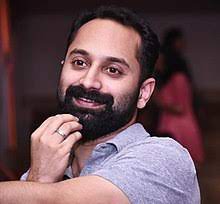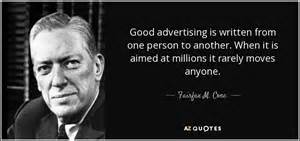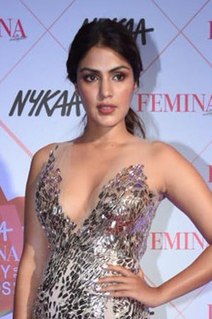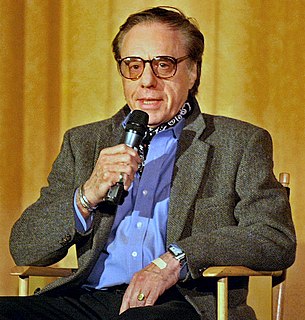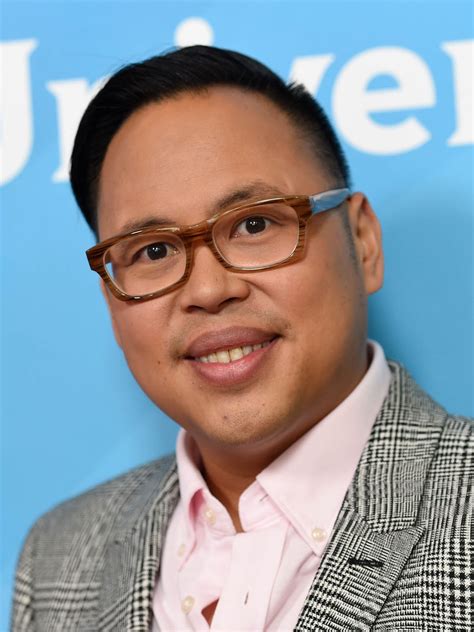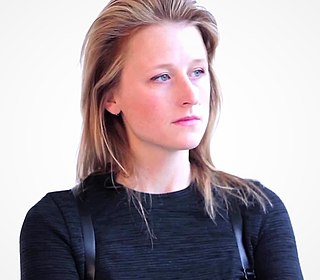A Quote by Fahadh Faasil
The characters I portray are an extension of what I've seen, heard, or read, and so what you see in my films are how I understand life.
Related Quotes
I'm mostly interested in characters and how they manifest themselves in their relationships. I'm delighted that people relate to the characters in 'Bojack,' and hopefully they will too to the characters in 'Undone.' If they understand themselves or feel seen in a new way, I think that's a wonderful thing.
I didn't see films when I was young. I was stupid and naïve. Maybe I wouldn't have made films if I had seen lots of others; maybe it would have stopped me. I started totally free and crazy and innocent. Now I've seen many films, and many beautiful films. And I try to keep a certain level of quality of my films. I don't do commercials, I don't do films pre-prepared by other people, I don't do star system. So I do my own little thing.
I think one of the reasons younger people don't like older films, films made say before the '60s, is that they've never seen them on a big screen, ever. If you don't see a film on a big screen, you haven't really seen it. You've seen a version of it, but you haven't seen it. That's my feeling, but I'm old-fashioned.
